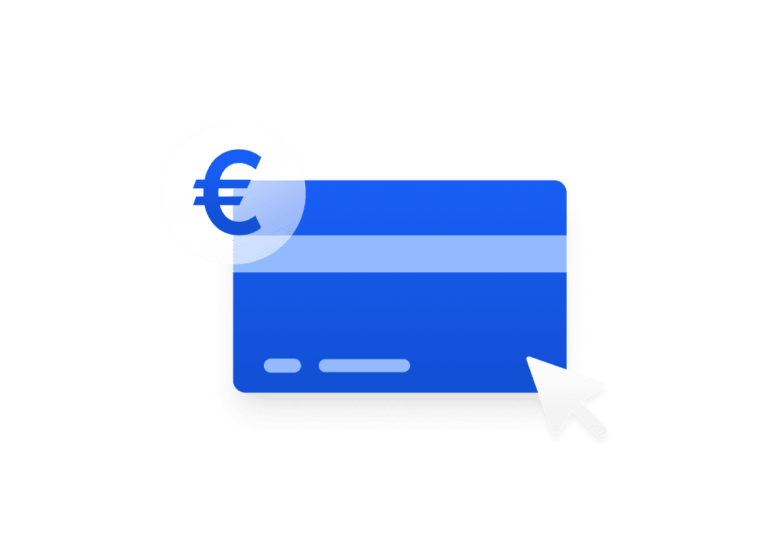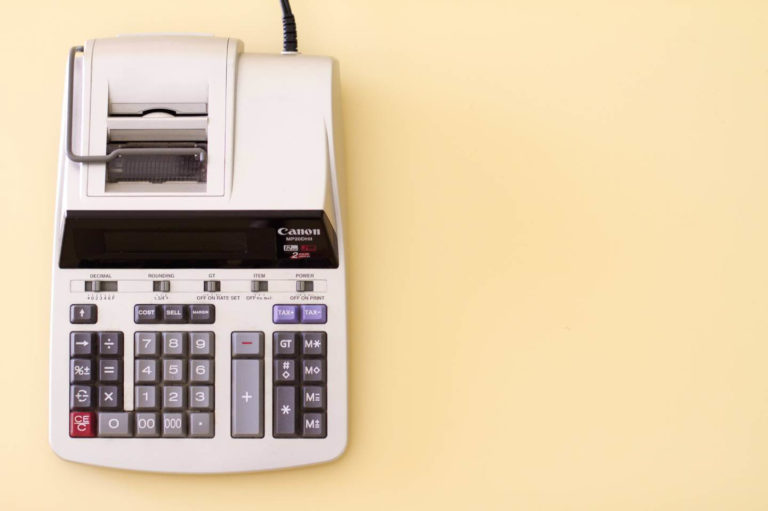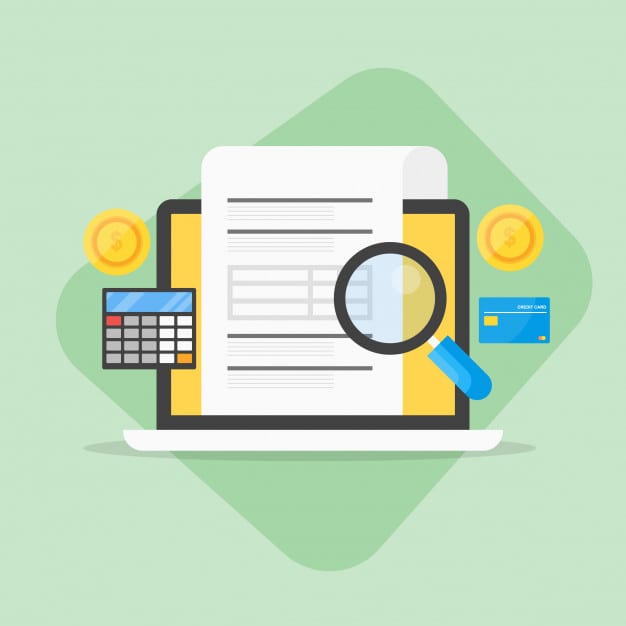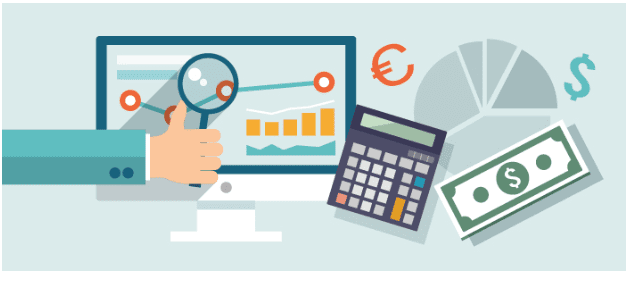Do you know the difference between cost accounting and business management accounting? If not, you will want to continue reading as we cover both, and explain what they are.
Not all accounting is comparable, there are always differences, just like no two ski-slopes are the same in Switzerland. Whether you’re an avid skier or not, you may not be aware of the different areas within accounting, especially if you are not a specialist in this field.
You could skip a learning-step by implementing an easy to use accounting software. If you are a learning bee, then you will want to continue reading as we are going to cover analytical accounting and how it’s different to cost accounting, and how cost accounting varies from management accounting. Let’s take a look.
What is the difference between analytical and cost accounting?
Plot twist, they are exactly the same thing. It is actually just two ways of referring to the same type of accounting. It does differ from the other two main accounting types though; financial accounting, and management accounting.
So let’s explore analytical accounting and it’s well-defined objective; it’s purpose is to record and analyse all the production costs of a business, from that information, it enables better management and planning of those same costs. This then provides you with an internal analytical tool, and helps you agree on the price of your product or service.
Analytical accounting can also be used to analyse other types of costs, such as administration, distribution and financing. This is where some choose to call it ‘analytical’ and others refer to it as ‘cost accounting’, because the possibilities of this tool are vast.
A way to define this accounting area is by its objectives, let’s take a look at eight of them below;
- Calculate the costs of products and / or services of a company at a general level, but also at the level of each of the departments.
- Predict revenue to establish profitability ratios.
- Record the stocks in the warehouse so that this data serves the financial accounting of the end of the year and to establish the price of the final product.
- Value the assets of the company.
- Define the value of possible immobilised expenses.
- Calculate how much the sale of each product contributes to the profit or loss of the business.
- Prepare cost estimates and anticipate any type of deviation.
- Help the management of the company when making decisions.
What is the difference between cost accounting and management accounting?
Exploring the differences between the two accounting types will help explain why and how both exist. Below we explore four key differences that set these types of accounting apart. Let’s take a look;
- Goal. The analytical accounting aims to analyse the costs of the product and / or the service of a company, while management accounting is dedicated to recording financial operations, and, informing the financial statements of the business.
- Recipients. The recipients of both accounting areas are the same members of the company, unlike financial accounting (which can be used by external recipients).
- Period of time. Management accounting usually focuses on the information generated during the present time that you want to measure. By contrast, analytics is more free, and can address any desired time, past, present or future alike.
- Accuracy. Both types of accounting can have different variations, since they are based on variable data and future predictions. This contrasts with financial accounting, which demands exact data.
Taking into account all of the above, and choosing a great accounting tool, such as Holded, you will have your cost accounting under control and fully functional.
